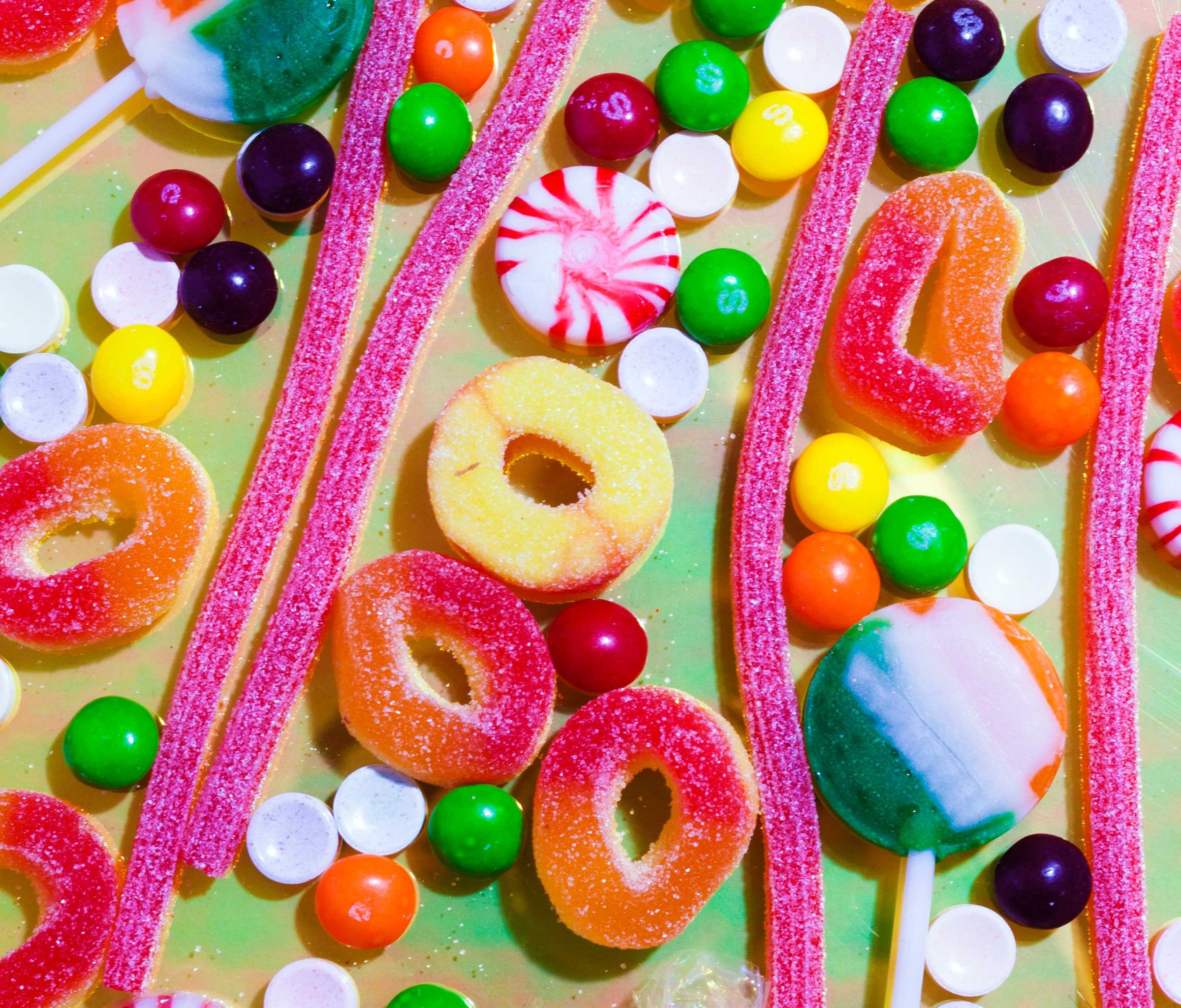
When you were a kid and your mom told you not to touch something, what was the first thing you wanted to do? Touch it, right? Now apply that theory to your eating habits. If someone tells you to steer clear of the cookie jar because those little morsels of goodness are chock-full of calories, aren’t you even more tempted to grab one (or three)? Rest assured, you’re not the only one.
Health.com: 16 Easy, Guilt-Free Cookie Recipes
In a series of three recent studies, researchers at Arizona State University found that when dieters were exposed to negative messages about food (think: “Sugary snacks are bad for you”), they craved unhealthy food more.
In the first study, people who read a negative message about dessert had more positive thoughts about these bad-for-you foods than folks who were exposed to a positive or neutral message. In the next study, dieters read either a positive or negative message about sugar-laden snacks, then watched a video while noshing on cookies. The result: The negative-message group ate 39% more cookies than those who read a positive message. And in the final study, dieters who viewed a message that listed both the pros and cons of their snacks chose fewer unhealthy ones than dieters who read a strictly negative message.
Health.com: 20 Snacks That Burn Fat
“We think dieters increase their interest in and consume more unhealthy foods after seeing one-sided negative messages because they feel like their freedom to control their food choices is threatened,” explains Nguyen Pham, one of the study’s researchers. This is why Pham recommends using a mix of positive and negative messaging—such as “Dessert tastes good, but is bad for my health”—to help keep your consumption in check.
“Dieters do not see double-sided messages about unhealthy foods as a threat to their freedom,” she says. “Instead, they view these messages as providing even more freedom of choice. As a result, they are more likely to comply with the messages and choose less unhealthy foods.”
Health.com: 26 Weight-Loss Myths You Shouldn’t Believe
So the next time you are about to police your (or a friend’s ) food choices, try this mental trick instead. It may just provide you with the resolve you need to walk away.
More Must-Reads from TIME
- Donald Trump Is TIME's 2024 Person of the Year
- Why We Chose Trump as Person of the Year
- Is Intermittent Fasting Good or Bad for You?
- The 100 Must-Read Books of 2024
- The 20 Best Christmas TV Episodes
- Column: If Optimism Feels Ridiculous Now, Try Hope
- The Future of Climate Action Is Trade Policy
- Merle Bombardieri Is Helping People Make the Baby Decision
Contact us at letters@time.com